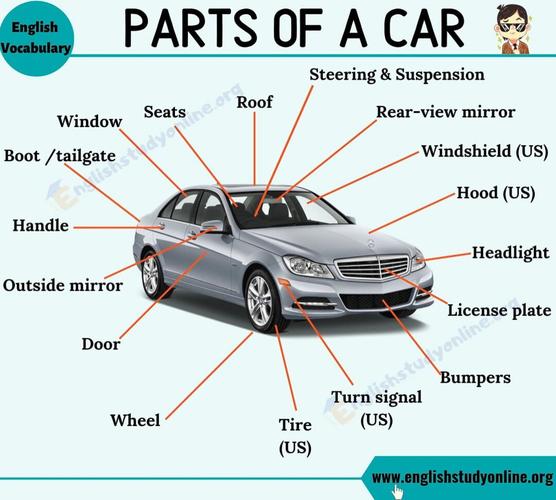How Many Tons in a Car: A Comprehensive Guide
When it comes to understanding the weight of a car, it’s important to know that the term “tons” can refer to different measurements. In this article, we’ll delve into the various aspects of car weight, including the standard ton, the weight of different car types, and the factors that influence a car’s overall mass.
What is a Ton?
A ton is a unit of mass. In the United States, it is commonly referred to as a short ton, which is equal to 2,000 pounds. In the metric system, a ton is known as a metric ton, which is equal to 1,000 kilograms. For the purpose of this article, we will focus on the short ton, as it is the standard unit of measurement for car weight in the U.S.

Weight of Different Car Types
Car weight can vary significantly depending on the type of vehicle. Here’s a breakdown of the average weight for various car types:
| Car Type | Average Weight (in pounds) |
|---|---|
| Compact Car | 2,700 – 3,200 |
| Midsize Car | 3,200 – 3,600 |
| Full-Size Car | 3,600 – 4,000 |
| SUV | 4,000 – 5,000 |
| Truck | 5,000 – 7,000 |
| Performance Car | 3,500 – 4,500 |
These weights are approximate and can vary based on the specific model and year of the vehicle.
Factors Influencing Car Weight
Several factors can contribute to a car’s weight, including:
-
Engine Type: The weight of the engine can vary significantly between gasoline, diesel, and electric engines.

-
Transmission: The type of transmission, such as manual or automatic, can affect the weight of the vehicle.
-
Body Style: The design and materials used in the car’s body can impact its weight.
-
Additional Features: Cars with more features, such as advanced safety systems or luxury amenities, may be heavier.
-
Load: The weight of passengers, cargo, and accessories can also contribute to the overall mass of the vehicle.
Why Car Weight Matters
Understanding the weight of a car is important for several reasons:
-
Performance: Heavier cars may have slower acceleration and higher fuel consumption.
-
Handling: The weight distribution and overall mass of a car can affect its handling and stability.
-
Braking: Heavier cars may require more force to stop, which can impact braking performance.
-
Insurance: Insurance rates can be influenced by the weight of a vehicle.
Conclusion
Understanding the weight of a car is crucial for various reasons, from performance to safety. By knowing the average weight of different car types and the factors that influence car weight, you can make more informed decisions when purchasing or maintaining a vehicle.










